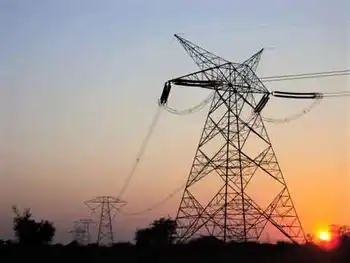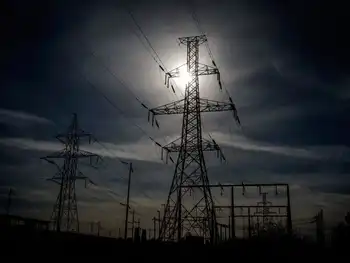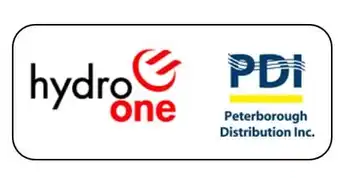Recovery of renewable energy depends on IPOs: survey
In a recent survey, research group Verdantix interviewed 26 European and U.S. investment fund managers and seven renewable energy sector experts about their investment decisions over the next few years.
The majority of the funds interviewed have made 6 to 10 investments in the sector to date, with enterprise values between $10 million to $100 million.
Investments included renewable energy such as wind or solar power, so-called clean technologies which reduce energy consumption and environmental assets such as water, carbon emissions permits and forestry.
Since the financial crisis, renewable energy companies have found it more difficult to raise money on public markets, despite the sector being widely considered as a safe, long-term bet given political support to fight climate change.
Most investors polled did not expect the IPO market to reopen to renewable energy firms until late 2010 to mid-2011.
"The opening of the IPO market is essential for venture capital and growth funds to show their success and recycle cash," Verdantix said in the survey.
Three other investor surveys in April showed that worldwide investment in clean technology declined sharply in the first quarter of this year due to the difficulty of pushing through IPOs of energy business startups.
Fund managers expect it to take around 2 years to raise new funds during 2009 and 2010. They will have to bridge a funding gap as expensive credit, risk-averse investors and uncertainty about the economy stifle investment decisions between 2008-2010.
"Without the IPO exit option many new ventures will be forced into premature trade sales which may damp down sector innovation for several years," Verdantix said.
When the market reopens, investors expect IPO listing criteria to be much tougher than before the financial crisis. In the meantime, secondary market funds such as Industry Ventures and Saint Capital will be needed to provide liquidity.
Companies' focus on paying off existing debts rather than incurring more to expand will also hold back the sector's growth until 2011, the survey showed.
In the medium to long-term, fund managers are more bullish about the sector's growth prospects as underlying factors like increasing carbon dioxide levels and higher oil prices underpin the need for low-carbon investments.
Forty-two percent of the investment managers interviewed plan to raise a new fund in the sector in 2010, up from 35 percent expecting to raise one in 2009.
Proven sectors such as onshore wind and solar power will continue to attract investment in 2009-2010.
Sixty three percent of fund managers said they are likely to invest in energy efficiency initiatives, while 42 percent could invest in smart grids or meters. Only 11 percent are likely to put money into biofuels, the survey showed.
Related News

COVID-19 crisis shows need to keep electricity options open, says Birol
LONDON - The huge disruption caused by the coronavirus crisis has highlighted how much modern societies rely on electricity and how firm capacity, such as that provided by nuclear power, is a crucial element in ensuring supply, International Energy Agency (IEA) Executive Director Fatih Birol said.
In a commentary posted on LinkedIn, Birol said: "The coronavirus crisis reminds us of electricity's indispensable role in our lives. It's also providing insights into how that role is set to expand and evolve in the years and decades ahead."
Reliable electricity supply is crucial for teleworking, e-commerce, operating ventilators and other medical equipment, among all…





